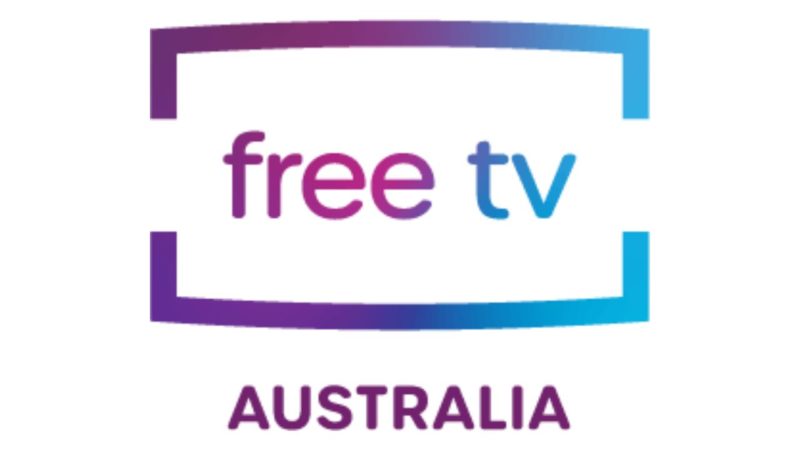Television broadcasters have reacted with alarm to a proposed ban on all gambling advertising, which would cost them as much as $150 million a year, saying viewers would ultimately pay the price.
A parliamentary inquiry into the harms of online gambling today handed down its anticipated report today, which included 31 sweeping recommendations.
At the centre is a call for a three-year phase-out of all advertising by online gambling operators, applying to TV, radio, online and newspapers. Gambling operators spent over $300 million on ads in 2022 – half of which was placed with TV.
Free TV Australia issued a swift response, warning that such a ban will “undermine the sustainability of commercial TV services”.
ADVERTISEMENT

Bridget Fair, the lobby group’s chief executive, said the loss of revenue in the “current economic and competitive environment” would inevitably see “less funding for Australian content”.
“While we appreciate that there are concerns in the community regarding the volume of gambling ads, kneejerk moves to implement outright bans will ultimately hurt viewers and the television services they love,” Fair warned.
“These services are available to every Australian no matter where they live or how much they earn, and they are only possible because of advertising revenue.”
Fair pointed out that many sports broadcasting deals have been agreed to beyond the proposed three-year advertising phase-out period.
The government today said it would take time to consider the inquiry’s report and recommendations, in consultation with key stakeholders.
Fair said: “Our industry is ready to work constructively with the government on measures that would reduce the amount of gambling advertising on television and other platforms, while ensuring that the industry can continue to deliver high quality content to all Australians.
“Measures like frequency caps would be a better and more targeted approach to respond to any community concern around the volume of advertising.
“This would build on the current restrictions on gambling advertising, including the existing ban on gambling advertising in live sport before 8.30pm and strict limits in sport after that time.”

Further restrictions on gambling advertising should be offset by reductions in other regulatory burdens on commercial broadcasters, she said.
“In particular, removing spectrum fees which are completely out-of-step with other countries that have already abolished such fees decades ago,” she said.
Reverend Tim Costello, chief advocate for the Alliance for Gambling Reform, called for Labor and the Coalition to give bipartisan support for the recommendations today.
“This is an issue that is too important to become a political football,” Costello said.
“The proposed gambling ban is no different to that imposed on tobacco, the major sporting codes cried foul then but they survived. The found other sponsors then.”
Costello said sporting codes had “become addicted to gambling advertising and sponsorship”.
“We must break this addiction for the good of their games and for the greater good of society. We have done it before – and we can do it again.”
Research commissioned by the Alliance into gambling laws around the world found Australia has one of the weakest regulatory regimes.
Australians spend the most in the world, per capita, on legal forms of gambling, losing $25 billion every year.
Australians also lose the most money to online gambling, per capita, in the world – about $7 billion annually, the Alliance estimates.
“Research shows people who gamble online are more likely to experience harm (34%) than those who gamble on poker machines (15.6%),” its research found.
